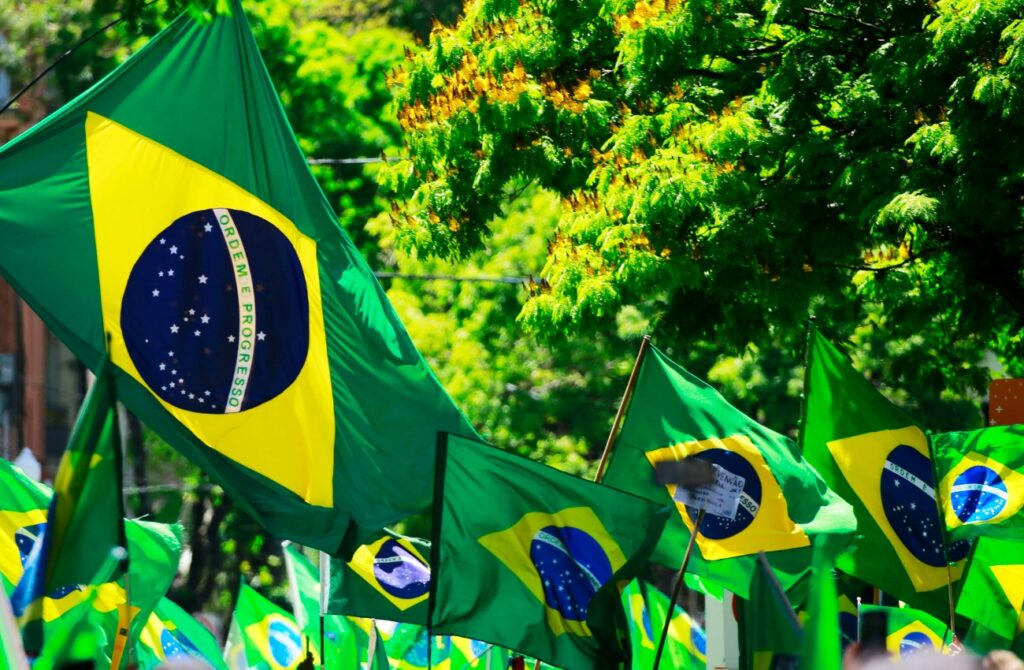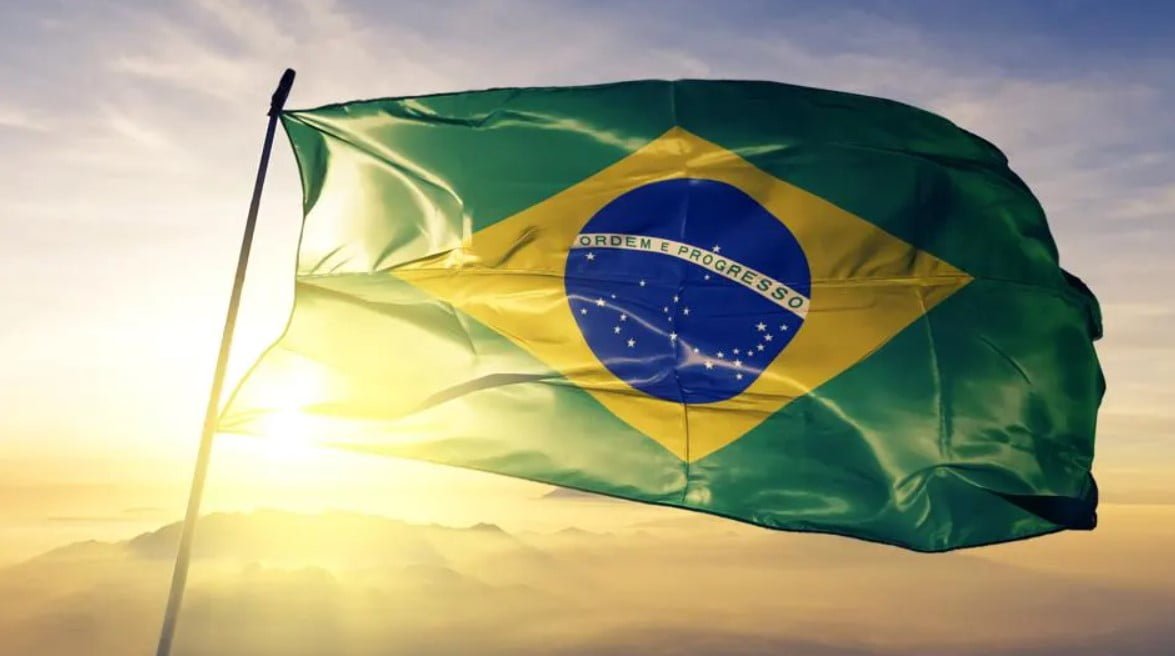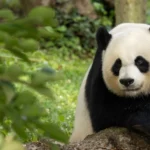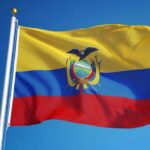Brazil, occupying half of South America’s landmass, ranks as the world’s fifth-largest country, exceeding even the combined area of the contiguous 48 U.S. states. Additionally, It boasts a coastline of 4,600 miles (7,400 km) along the Atlantic Ocean. Brazil shares borders with all South American countries except Chile and Ecuador.
Moreover, Its diverse landscapes, from wetlands to mountains, include the vast Amazon River basin. Also, With a population ranking fifth globally, Brazil is a major economic player. However, it faces challenges like social inequality and environmental degradation. Here are some key aspects of Brazil:

| Aspect | Description |
|---|---|
| Geography | Brazil is the largest nation in South America and Latin America, covering 8,515,770 square kilometers globally, securing the fifth position in size. |
| Population | Brazil’s estimated population in 2024 stands at 205,223,000, representing a vibrant mix of cultures and ethnicities. |
| Capital | Brasília, meticulously planned and developed, has served as the capital since 1961, replacing Rio de Janeiro. |
| Language | Portuguese is the official and national language, reflecting Brazil’s colonial heritage. |
| Currency | The Real (R$) (BRL) is Brazil’s official currency, supporting its robust economy. |
| History | Discovered by the Portuguese in 1500, Brazil endured over 300 years of colonial rule until gaining independence on September 7, 1822. |
| Biodiversity | Brazil boasts a significant portion of the Amazon River basin, harboring the world’s largest river system and extensive virgin rainforests. |
| Culture | With 64% of its population identifying as Catholics, Brazil showcases a diverse cultural tapestry blending indigenous, Portuguese, African, and immigrant influences. |
| Recognized regional languages | 21 languages |
| Ethnic groups (2022) | – 45.3% Mixed – 43.5% White – 10.2% Black – 0.6% Indigenous – 0.4% East Asian[a] |
| Religion (2022) | – 77% Christianity – 49% Catholicism – 26% Protestantism – 2% other Christian – 19% no religion – 3% Spiritism – 1% other |
| Government | Brazil operates as a federal presidential republic, with Lula da Silva serving as the President and Geraldo Alckmin as the Vice President. |
| Legislature | The National Congress consists of the Federal Senate and the Chamber of Deputies. |
| Independence from Portugal | Brazil declared independence on September 7, 1822, and became a republic on November 15, 1889. The current constitution was adopted on October 5, 1988. |
| Economy | Brazil has one of the largest economies in the world, with a GDP of $4.274 trillion (PPP) and $2.331 trillion (nominal) in 2024. |
| HDI | Brazil has a Human Development Index (HDI) of 0.760, categorized as high, ranking 89th globally. |
| Time zone | Brazil follows UTC−2 to −5 (BRT) time zone. |
Despite its independence from Portugal, it has retained its identity and Portuguese language dominance.
Interesting Facts about Brazil
- Brazil’s capital, Brasília, boasts a distinctive urban design resembling an airplane when viewed from above. It also symbolizes the nation’s modernity and forward-thinking approach.
- Rio de Janeiro’s historical significance extends to its brief tenure as Portugal’s capital. While, making it the sole European capital located outside of Europe, showcasing Brazil’s colonial legacy and global connections.
- Rio de Janeiro’s name originated from a misconception by a Portuguese explorer. Moreover, It attributes to the wrong meaning, highlighting the quirks of language and historical interpretation.
- Voting is compulsory in Brazil, reflecting the nation’s commitment to democratic participation and civic engagement.
- During World War II, Brazil stood out as the only independent South American country to dispatch troops for the Allied cause, demonstrating its commitment to global peace and security.
- Despite strides in education, only 43% of Brazilian adults possess a high-school degree, indicating ongoing challenges in educational attainment and access.
- Approximately 60% of the Amazon rainforest lies within Brazil’s borders, showcasing the nation’s significant role in global biodiversity conservation.
- Brazil boasts a network of over 400 airports, facilitating domestic and international travel across its vast territory.
- Brazil’s official national sport is not soccer but foot volley, a blend of football and volleyball.
- The Brazilian football team holds the prestigious record of winning the FIFA World Cup five times, reflecting the nation’s passion and excellence in the sport.
- With one of the largest economies globally, Brazil commands a prominent position in sectors like agriculture, mining, and energy, contributing significantly to the world economy.
- Brazil shares borders with all South American countries except Ecuador and Chile, underscoring its geographical connectivity and regional influence.
- Ranking as the fifth largest country both in terms of population and land area, Brazil exerts considerable demographic and territorial significance on the world stage.
Read Also
Fun Facts Of India | Surprising Side Of Incredible India
Do You Know?
- Brazil’s public health system offers free sex change surgeries, exemplifying the country’s progressive approach to healthcare and social inclusivity.
- In an innovative approach to rehabilitation, Brazilian prisoners can reduce their sentences by four days for each book they read. Additionally, This promotes literacy and personal development within correctional facilities.
- Home to the largest population of Catholics worldwide, Brazil embodies a strong religious identity and cultural heritage.
- Brazil’s stunning beaches earn global acclaim, with Trip Advisor recognizing one as the world’s best. Furthermore, This showcases the nation’s natural beauty and tourism appeal.
- Pico de Neblina stands as Brazil’s highest peak at 2,994 meters. Also, Discovered in 1950 and first ascended in 1965, it symbolizes the nation’s diverse geography and exploration history.
- Brazil leads as the world’s largest exporter of coffee. However, This underscores its dominance in the global coffee market and its economic significance in the agricultural sector.
- Home to a vibrant Japanese community, Brazil hosts the largest population of Japanese people outside Japan. Furthermore, This illustrates its cultural openness and ethnic diversity.
- Renowned for its biodiversity, Brazil is estimated to harbor around 4 million plant and animal species. Moreover, This makes it one of the world’s most ecologically rich nations.
- Brazil boasts the world’s longest continuous coastline, stretching an impressive 4,655 miles, offering ample opportunities for coastal exploration and tourism.
- Feijoada, a hearty black bean stew with assorted meats, holds the esteemed title of Brazil’s national dish. Accordingly, It embodies the country’s culinary richness and cultural heritage.
- Brazil holds the distinction of being the first country to admit women into its armed forces. Additionally, This marks a milestone in gender equality and military diversity.
- The caipirinha, a refreshing cocktail made with cachaça, lime, sugar, and ice, stands as Brazil’s national drink. Also, It is celebrated for its delicious and distinctive flavor profile.
- With the universal surname Silva, Brazil’s most popular name reflects its cultural diversity and historical influences. Also, It serves as a testament to the nation’s rich tapestry of identities.










